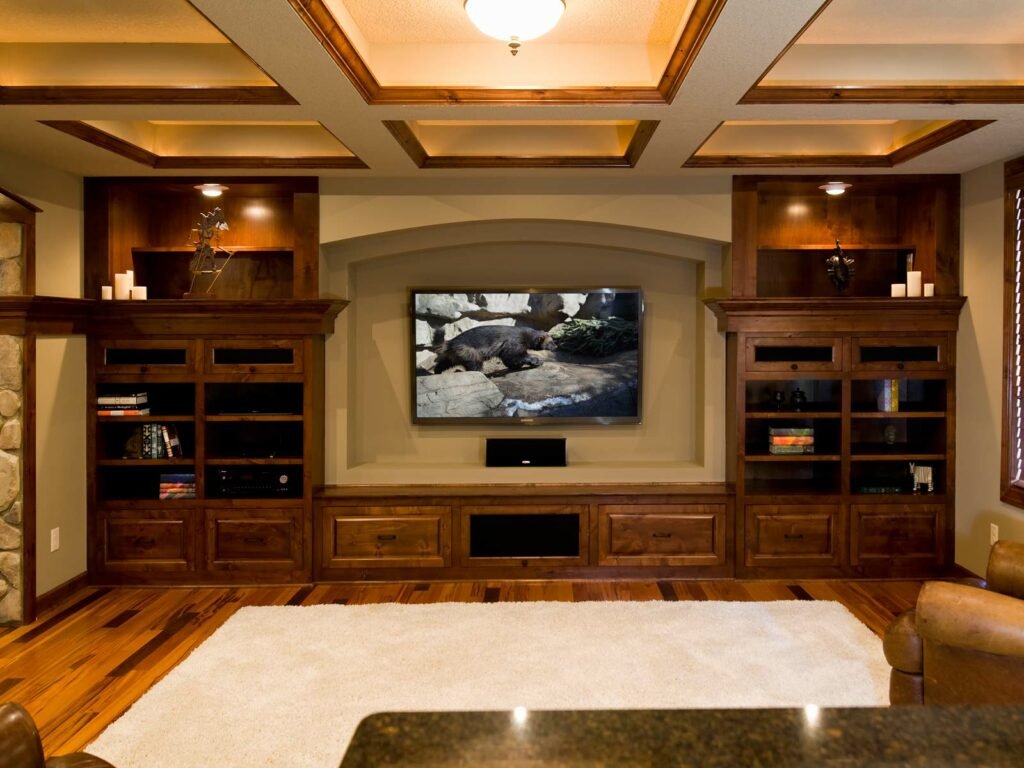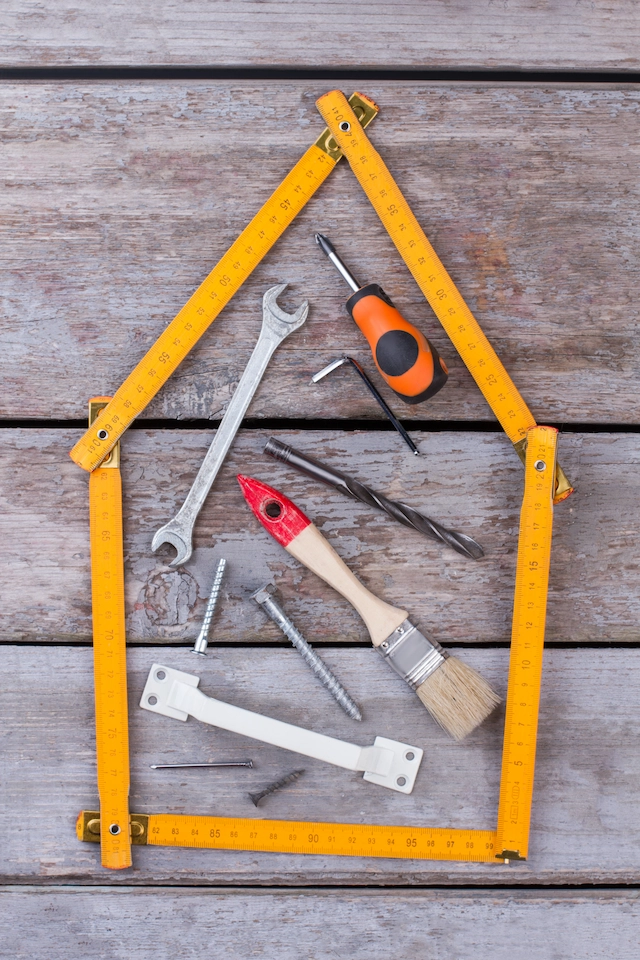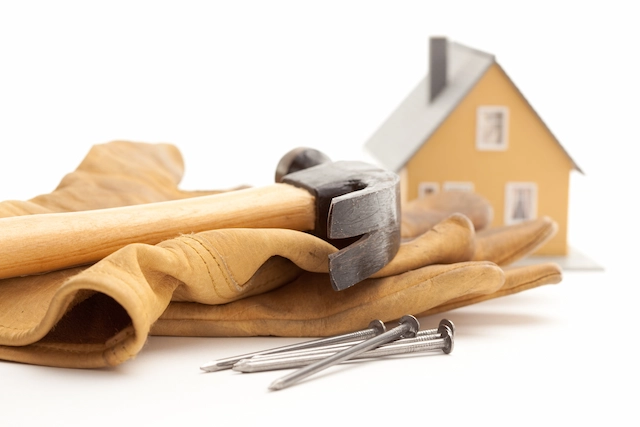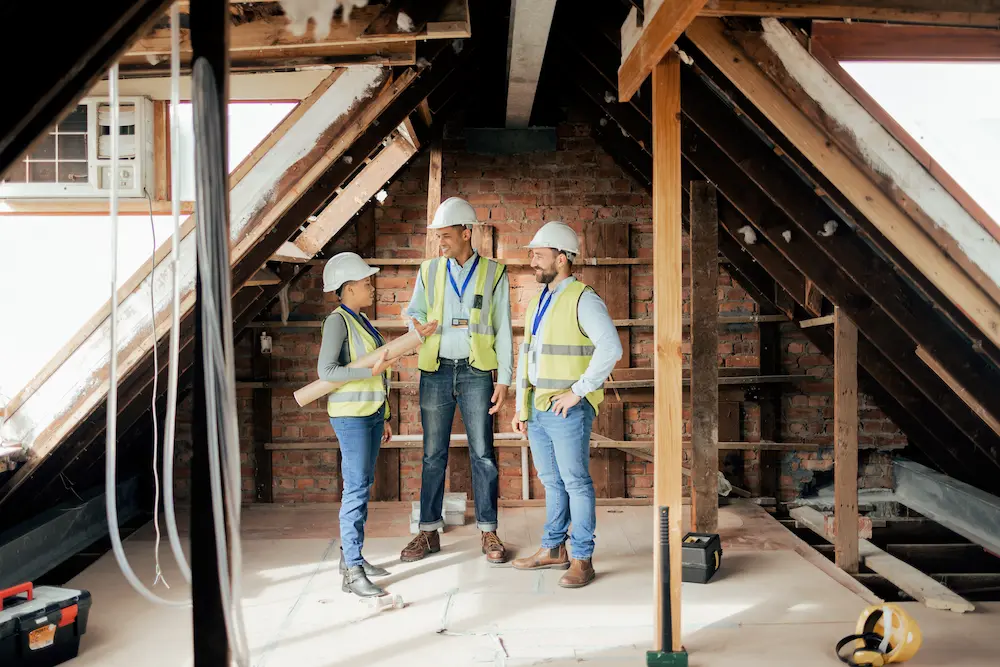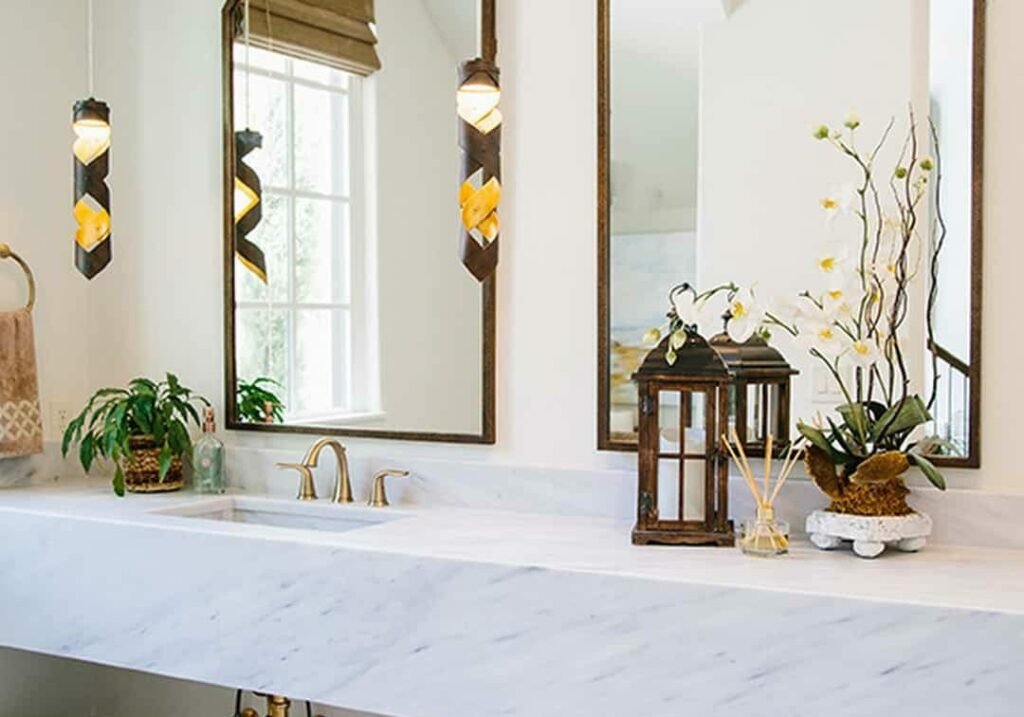When it comes to remodeling or finalizing your basement, it is essential to consider the materials that will endure the basement conditions. There are so many different options that it can be hard to choose just one type of flooring for your new lower level.
One of the essential factors that you should consider when choosing a new flooring product is its water resistance. Not only does your basement have a very humid environment, but it is also prone to experiencing water events such as flooding. Having the right flooring can help prevent costly repairs and flooding.
If your basement has a sump pump, a pipe burst, or a washing machine overflow, it is essential to consider the potential damage to your flooring.
What Is The Best Flooring For Your Basement?
For basements, the best choice is vinyl flooring, which can be both tile and plank. This flooring looks similar to hardwood and stone and is also waterproof. PVC is a material that makes it incredibly durable and waterproof.
One of the principal benefits of this type of flooring is its durability, unlike wood. It can withstand high-traffic areas and is easier to install than wood. Also, you can install it directly on the subfloor.
Many believe that vinyl flooring has a similar feel and appearance to linoleum. However, the construction and design of this material have improved. Many different patterns and colors are available, making it incredibly easy to find the perfect fit for your home. Also, unlike plank, a floating floor, this flooring can be easily removed and replaced.
Other Basement Flooring Choices
When you don’t like vinyl flooring, or you don’t have access to it and would like to try other floorings, you can try out some of these:
Carpet Flooring
Many homeowners choose to have carpet in their finished basements due to its various advantages, such as its ability to provide a warm and comfortable feel.
Although it doesn’t have the same mold and waterproof properties as vinyl, you can still use it to keep the house warm and comfortable. If there is a small water event, you can save the carpet by drying it quickly before it can develop mold.
A budget-friendly option for the basement is carpet. Many styles and options are available, and you can use them for any situation.
The pros of carpet say it can make a quiet space more welcoming. It also provides an excellent cushion for the hard floor. However, it’s not water-resistant and can easily mold if left to dry.
Hardwood And Laminate Basement Flooring
Hardwood floors are not suitable for basements due to their water-prone and humid environment. To avoid using bare wood when installing new flooring, you must use laminates because they will eventually warp and twist.
Having a damp basement foundation can also lead to the formation of moisture inside the floor, which can cause damage. It can be very costly and time-consuming to replace hardwood flooring.
The hardwood pros are that it’s high-end and can match the rest of your home’s flooring. Hardwood’s Cons are that it’s prone to warping and mold.
Ceramic Tile Basement Flooring
Although ceramic tile is a good choice for basement flooring, it has some drawbacks. When glazed, water can’t puncture the tile, making it a suitable choice for stain and water resistance. It comes in various colors and sizes, and you can use it differently.
One of the biggest reasons people choose ceramic tile over other flooring options is its cost. It’s cold in basements because it’s adhered directly to the foundation. Also, the installation time and cost are much higher than other flooring types. Usually, our homeowners choose ceramic tile in a bathroom or bar area, then opt for vinyl plank for the rest of the basement.
The pros of ceramic tile are its high-end look and water resistance. You can use it in different ways, and it requires a professional to install it.
Epoxy Basement Flooring
The popularity of epoxy flooring in basements has increased over the years. It can provide a unique design and is easy to maintain, making it a great alternative to traditional flooring. However, it can be very hard on your feet due to its cold nature. A more padded floor might be a ber if you use the basement for various purposes.
Luxury Vinyl Basement Flooring
Unlike the conventional type of resilient flooring, usually glued to the surface, luxury vinyl is more resilient and more floatable. It can look similar to the materials used to make it, such as wood or stone. Another significant difference between luxury vinyl flooring and the conventional type is that it doesn’t require adhesive.
The wood-look luxury vinyl flooring is made from planks around six inches by 48 inches thick. Due to its thickness, you can emboss it for a more authentic look. Another type of luxury tile is a Stone-look, which imitates the look of marble, slate, and other natural stone. This type of tile is available in square shapes that are 16 inches by 16 inches.
The thick wear layer of luxury vinyl flooring is also more durable than traditional tile or sheet flooring. It’s also slightly warmer than the conventional type, so you can easily remove it. Since it’s a floating floor, it can look similar to the real one. However, since it’s still a seamed floor covering, it may not provide a better resale value. In the event of flooding, it can leak moisture down to the subfloor.
Conclusion
Most basements have a solid concrete floor that’s flat and durable. If you’re planning on remodeling your basement, you might want to consider replacing the flooring. It will make the new living space more attractive and comfortable.
There are plenty of options for basement flooring, and most materials are easy to install and are not harmful to the environment. However, it’s important to note that the conditions in your basement are different from those in your upstairs home. Other situations will affect your flooring choices and the installation process.

